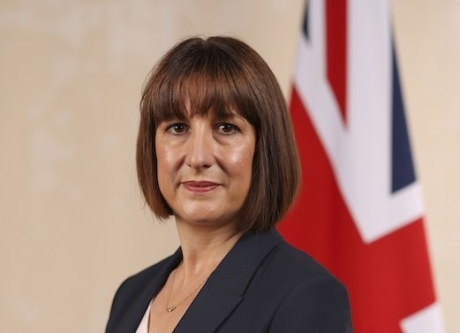Neither the Treasury nor the Finance & Leasing Association (FLA) have been successful in their applications to intervene in the Supreme Court hearing scheduled for April, which is considering an appeal against October’s Court of Appeal judgment on the disclosure of commission in motor finance arrangements.
The decision has heightened worries that lenders are at risk of substantial compensation claims, with key players in the market seeing an immediate fall in share prices. Close Brothers fell more than 8%, Vanquis was down more than 6% and Lloyds Bank was among the biggest fallers on the FTSE 100, down 1.9%.
Last month, Chancellor Rachel Reeves requested the Treasury write to the Supreme Court to ask to be added to the hearing amid growing concern about the potential impact of any mis-selling compensation scheme on lending in the auto finance market, with fears that possible multibillion-pound payouts could cause further chaos.

Commenting on the Chancellor’s proposed intervention Wayne Gibbard, who leads the automotive finance practice at law firm Shoosmiths, said: “It is very unusual for the government to intervene in court decisions in which it is not directly concerned, especially to pursue policy issues.”
The Treasury’s January letter emphasised the need for a proportional response to any compensation regime, claiming the Supreme Court case has “potential to cause considerable economic harm and could impact the availability and cost of motor finance for consumers”. It also cited concerns the case might “generate a perception that regulation in the UK is uncertain”.
The letter stated that if liability was established, then the Treasury would seek to persuade the Supreme Court that “any remedy should be proportionate to the loss actually suffered by the consumer and avoid conferring a windfall”.
Commenting on failure to intervene, a Treasury spokesperson said: “We respect the Court’s decision to not grant our application to intervene in the Hopcraft case and will monitor it closely”.
The Supreme Court also rejected applications from the FLA and from Consumer Voice, a compensation advisor. It approved applications from the Financial Conduct Authority (FCA) and the National Franchised Dealers Association.
The court’s time is limited, so it sometimes rejects interventions from parties who it believes may give similar evidence.

Alex Neill, a co-founder of Consumer Voice, said the decision to reject its attempted intervention was “extremely disappointing”.
She added: “An overwhelming majority of car finance customers have told us they are concerned about the practice of dealers being paid commission. And it’s little wonder, as people trust their car dealer to act in their best interests when arranging finance. Yet, this trust is clearly being abused by some dealers in the market.”
Estimates of the likely total bill for lenders from any redress scheme vary widely, particularly since October’s Court of Appeal finding widened the field for possible complaints to include any undisclosed commission payment, or payment for which informed consent was not obtained, rather than the narrower issue of discretionary commission arrangements (DCAs) which are the focus on the ongoing FCA review.
Some analysts, including credit rating agency Moody’s, suggest the total compensation bill could hit £30 billion.







